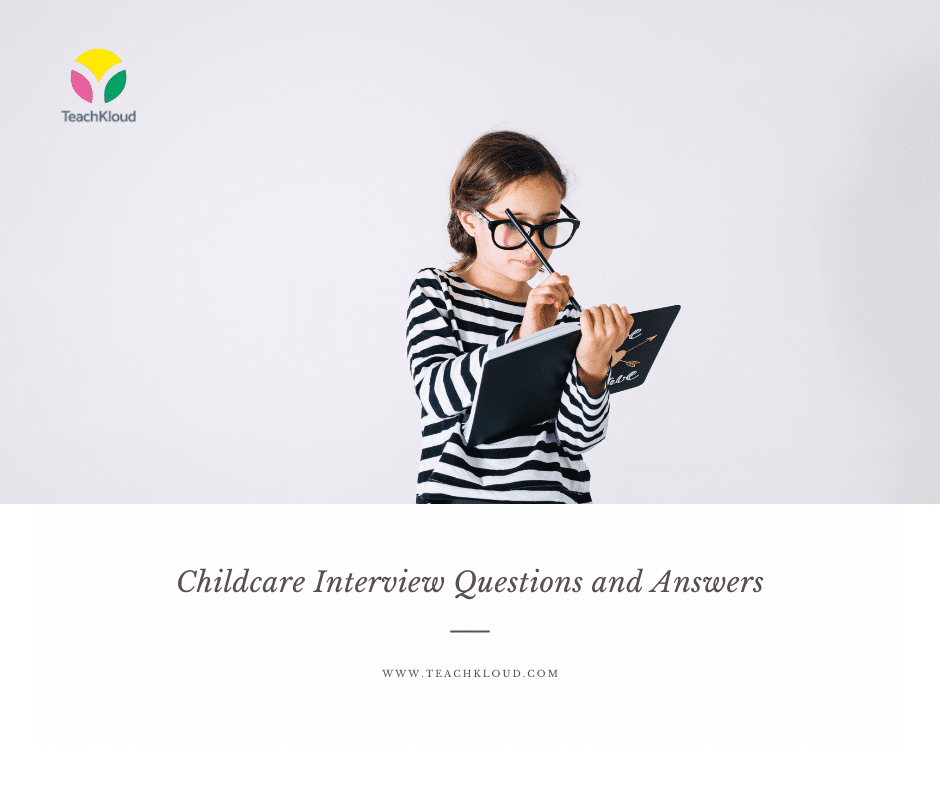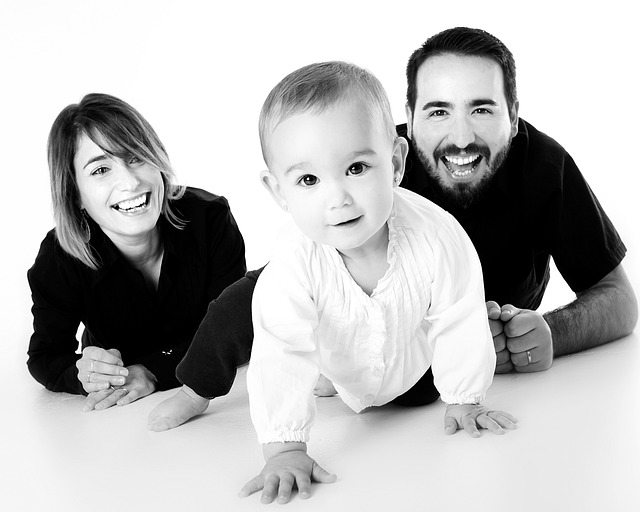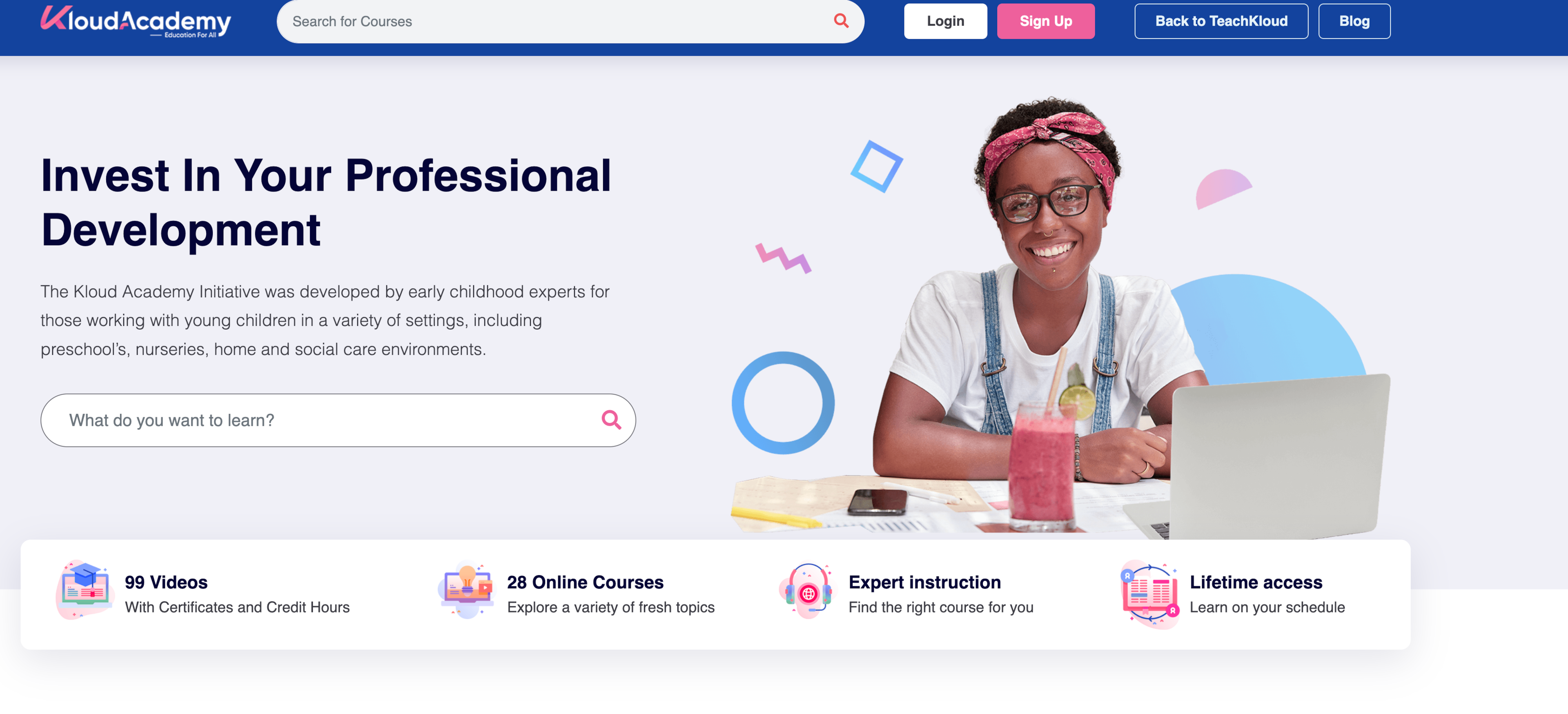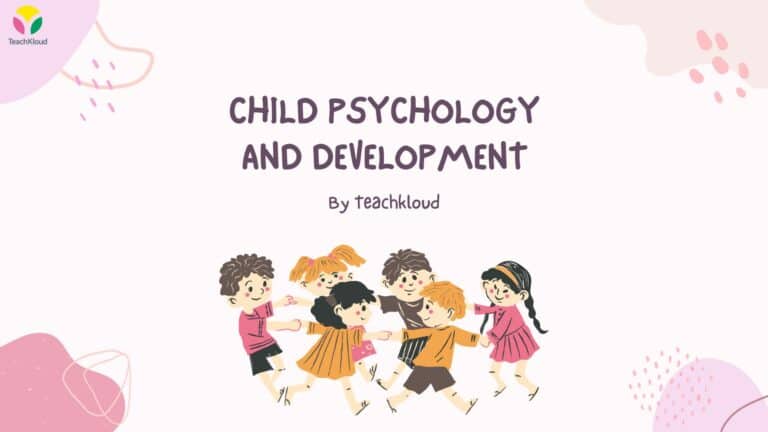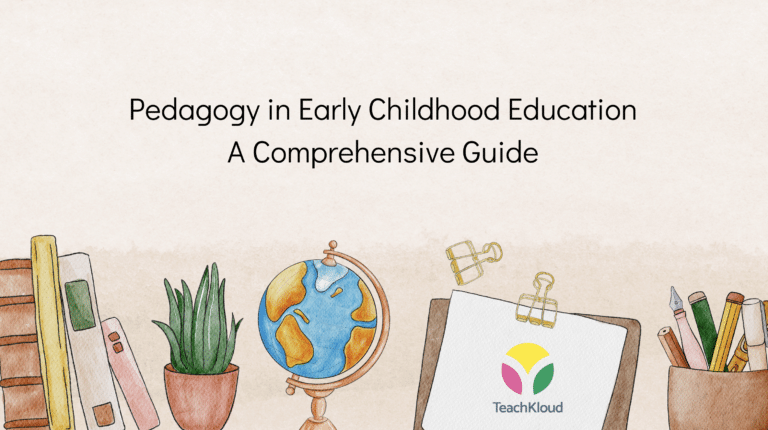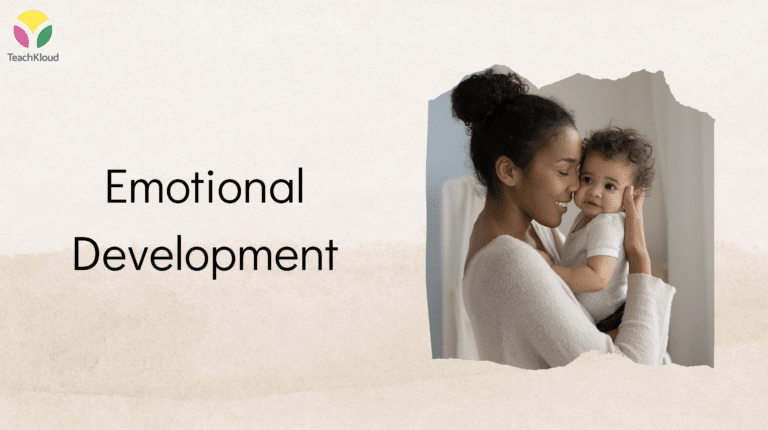Hiring the right childcare worker is a crucial decision that significantly influences a child’s development. As parents entrust their precious little ones to us, it’s imperative to ensure that the selected candidate possesses the necessary skills and passion for the role. In this blog post, we will delve into 20 essential childcare interview questions and answers that can help identify the best candidate for this vital role.
Key Takeaways
- Assess a childcare worker’s passion, experience and commitment to child development, as an employer. For childcare professionals, understand sample interview questions and answers.
- Evaluate their teaching strategies, ability to handle behavioural challenges & foster positive relationships with parents.
- Assess the candidate’s approach to inclusivity, diversity and safety standards. As well as their capacity for professional growth through feedback and learning from mistakes.
Understanding the Childcare Worker Role
A child care worker’s role is multifaceted, ranging from providing basic care to fostering children’s cognitive, emotional, and social growth. One must identify the fundamental qualities to seek in a potential child care worker by appreciating the significance of early childhood education and understanding their responsibilities in a childcare position at a daycare.
A thorough evaluation of the candidate’s background, experience, and commitment to child development is necessary to ensure children receive the best possible care.
Key Qualities to Look for in a Childcare Worker
When evaluating a potential childcare worker, patience is a key quality to consider, as it enables them to remain composed in challenging situations and effectively manage difficult behaviors. Communication is another vital trait, as it facilitates building relationships with children, parents, and other staff members while ensuring the children’s needs are met through a consistent routine.
A successful childcare worker should possess the following qualities:
- Adaptability, enabling them to adjust to various scenarios and cater to the evolving needs of children, regardless of the number they are caring for
- Enthusiasm for their work. Many describe childcare as a vocation, although we strive for professionalism and appropriate pay scales, enthusiasm and deep care about the children in their care can be an important aspect of the role.
- Monitoring skills to ensure the safety and well-being of the children
- The ability to be a positive role model for the children
Assessing these qualities during a childcare interview allows employers to select a candidate who can contribute effectively to the children’s growth and development.
Importance of Early Childhood Education
Early childhood education plays a vital role in how children develop, equipping them with the most vital skills and knowledge to excel in school and beyond. This stage of education encourages a passion for learning and allows children to discover their interests and cultivate their talents. Essential elements in a child’s development encompass access to quality education and healthcare, positive role models, and a supportive family.
During the interview process, an appreciation of the significance of early childhood education is necessary to confirm the candidate’s suitability for the role. Choosing a childcare worker who understands the importance of this developmental stage ensures parents that their children are in a nurturing and stimulating environment that promotes growth and learning.
Assessing the Candidate’s Passion and Experience
A candidate’s passion and experience must be evaluated to measure their level of dedication and understanding of the childcare field. A passionate candidate exhibits sincere interest and excitement for the job, which can motivate them to perform to the best of their abilities and deliver quality care.
Their previous experience reveals practical skills and their capacity to manage diverse situations competently. By assessing both passion and experience, employers can ensure they recruit candidates who are devoted and capable of providing outstanding childcare.
Motivation for Choosing Childcare as a Career
- Could you share a heartwarming or memorable experience from your previous childcare roles that demonstrates your passion for working with children?
- Tell me about a specific child you’ve cared for and how you helped them achieve a milestone or overcome a challenge. What was the impact on the child and their family?
- Can you recall a situation where you went above and beyond to support a child’s development or comfort during a difficult time? What was the outcome?
Determining the candidate’s enthusiasm for the role involves understanding their motivation for choosing a career in childcare. A passionate candidate typically has personal ambitions aligned with the objectives of the childcare facility, eager to contribute to the mission of providing exceptional care for children.
During the childcare interview, employers can inquire about the candidate’s most rewarding experiences working with children and the qualities they believe make them an ideal candidate for the role. By asking relevant interview questions, this insight into their motivation can help determine if the candidate’s passion and commitment to childcare are genuine and if they are likely to contribute positively to the children’s development. Why did you choose a career in childcare, and what do you enjoy most about working with children?
Previous Experience and Success Stories
Gaining insights into the candidate’s past experiences and achievements in childcare aids in evaluating their practical skills and competence in handling diverse situations. Employers can inquire about the candidate’s:
- qualifications
- certifications
- training they have completed
- previous roles they have held in childcare
By sharing success stories, candidates can provide insight into the company’s values, work environment, and team dynamics. This information can help employers assess the candidate’s capacity to handle challenges, collaborate effectively, and achieve desired outcomes in a childcare setting. Can you share any certifications or training related to childcare, such as child development courses or child psychology?
Evaluating the Candidate’s Approach to Child Development
It’s important to assess a candidate’s approach to child development, as it provides insight into their grasp of early childhood assessment and their capability to gauge a child’s growth and abilities.
By ensuring that candidates have the knowledge and skills required to create age-appropriate learning opportunities for each age group, employers can be confident that their children will receive the proper support and guidance for their overall development.
Teaching Strategies and Effectiveness
A candidate’s teaching methods need to be scrutinised to ascertain their efficacy in fostering child development. Some effective teaching strategies for childcare workers include:
- Incorporating technology
- Utilising developmentally appropriate practices (DAP)
- Using positive reinforcement to encourage positive behaviours and cultivate strong relationships between the childcare worker and the children in their care.
Assigning class jobs or roles to children can also encourage a sense of responsibility and ownership in the classroom environment, fostering a sense of community and belonging among students. By understanding the candidate’s teaching strategies, employers can select an individual who will effectively contribute to the children’s growth and learning. Can you describe your approach to child development and learning? Handling Behavioural Challenges… etc
The candidate’s approach to behavioural issues and promotion of positive behaviour must be comprehended to gauge their ability in managing challenging situations effectively. A candidate who employs positive reinforcement and sets clear boundaries can address behaviours that concern, by understanding its cause and guiding the child toward more constructive choices.
During the childcare interview, employers can inquire about the candidate’s experience in guiding positive behaviour and their strategies for promoting positive behaviour in children. This information can help ensure that the candidate has the necessary skills and understanding to effectively support the children’s development while maintaining a safe and nurturing environment. If you are looking to train up your staff on guiding positive behaviour, look at out 40 min masterclass on just this here!
Building Trust and Communication with Parents
- How do you establish a sense of trust and rapport with parents to ensure they feel confident in your childcare services?
- Can you describe a situation where you had to navigate a sensitive topic with a parent, while maintaining a positive and open line of communication?
- What strategies do you use to keep parents informed about their child’s daily activities, progress, and any concerns that may arise while in your care?
To provide the highest quality of care for children, trust and effective communication with parents must be established. Open dialogue, transparency, and timely responses to parents’ concerns can help build trust and ensure that parents feel comfortable with the care their children are receiving.
By understanding the candidate’s approach to building trust and communication with parents, employers can ensure that the selected childcare worker will maintain a strong relationship with families and contribute positively to the children’s development. If you are using parent communication software, such as TeachKloud, assessing their understanding of apps and willingness to learn, is key.
Resolving Conflicts with Parents
- Can you share an example of a conflict you’ve had with a parent in a previous childcare role, and how did you resolve it?
- How do you establish open and effective lines of communication with parents to prevent conflicts from escalating?
- What strategies do you use to ensure parents feel heard and valued when discussing concerns or issues related to their child’s care?
Managing conflicts with parents is a significant part of a childcare worker’s role. A candidate who demonstrates active listening and respectful communication can help create an atmosphere of trust and understanding, which is essential for resolving conflicts constructively. Maintaining focus on the relevant issue and attempting to comprehend and empathise with the parent’s viewpoint can further facilitate the resolution process.
During the childcare interview, employers can inquire about the candidate’s experience handling conflicts with parents and their strategies for maintaining positive relationships with families. This information can help ensure that the candidate has the necessary skills and understanding to effectively manage conflicts and maintain a supportive environment for the children and their families.
Adapting to Different Parenting Styles
- Describe a situation where you had to address a parenting concern or request that was different from your usual approach. How did you communicate with the parents to find a solution that both respected their style and aligned with your childcare practices?
- In your experience, what strategies do you employ to build trust and rapport with parents who may have varying expectations for their child’s care and development? Can you provide an example of a successful collaboration with parents who had different parenting philosophies?
It’s important to know how a candidate adjusts to different parenting styles and collaborates with parents to ensure harmonious relations between the childcare worker and the families served. Flexibility, open communication, and collaboration are key factors in adapting to different parenting styles and creating a supportive environment for both the child and the parents.
During the childcare interview, employers can inquire about the candidate’s experience working with diverse parenting styles and their strategies for collaborating with parents to support the children’s development. This information can help ensure that the candidate has the necessary skills and understanding to effectively adapt to different parenting styles and maintain a positive relationship with the families they serve.
Ensuring a Safe and Nurturing Environment
- Can you describe how you create an atmosphere of trust and emotional security for children in your care, fostering an environment where they feel comfortable expressing themselves and exploring their interests?
- Share an example of a time when you had to address a safety concern or emergency, while caring for children. How did you handle the situation to ensure the children felt safe and reassured?
- In your experience, how do you encourage diversity and inclusivity among the children you care for?
- Can you provide an instance where you promoted understanding and respect for differences within your childcare setting?
The overall well-being and progress of children depend heavily on a safe and nurturing environment. Ensuring that two children, as well as other children they interact with, are in a secure and supportive space promotes a sense of security, trust, and stability, which are essential for healthy growth and learning.
By understanding the candidate’s approach to creating an inclusive, diverse, and safe environment for children, employers can be confident that their children will receive the proper support and guidance for their overall development.
Promoting Inclusivity and Diversity
A candidate who values inclusivity and diversity in childcare demonstrates their commitment to creating an environment where all children are respected and accepted, regardless of differences. Employing strategies such as promoting self-assessment and self-paced learning, observing children’s interests, and incorporating play and first-hand experiences can help create an inclusive and diverse learning environment.
During the childcare interview, employers can inquire about the candidate’s approach to promoting inclusivity and diversity in the childcare setting. This information can help ensure that the candidate has the necessary skills and understanding to create a supportive and inclusive environment for all children.
Maintaining Health and Safety Standards
To ensure the safety and welfare of children in a childcare worker’s care, maintaining health and safety standards is of utmost importance. A candidate who demonstrates their commitment to maintaining health and safety standards can help create a safe and secure environment for children to learn and grow.
During the childcare interview, employers can inquire about the candidate’s experience with health and safety standards and their strategies for ensuring compliance in a childcare setting. This information can help ensure that the candidate has the necessary skills and understanding to effectively maintain a safe and nurturing environment for the children in their care.
Professional Development and Growth
For childcare workers to enhance their skills, knowledge, and performance, continuous professional development and learning from mistakes are of great importance. By staying updated on industry trends and best practices, seeking feedback, and learning from their mistakes, childcare workers can ensure they provide the highest quality of care for the children in their care. If you are looking for a programme that supports professional development with access to high quality courses just for childcare professionals, you will want to incorporate Kloud Academy into your employee programme.
Keeping Up with Industry Trends and Best Practices
A candidate who demonstrates their commitment to staying updated on industry trends and best practices showcases their dedication to providing the highest quality care for children. By staying informed on the latest research and developments in childcare, candidates can refine their practice and better support the children’s growth and development.
During the childcare interview, employers can inquire about the candidate’s approach to staying informed of industry trends and best practices. This information can help ensure that the candidate has the necessary skills and understanding to effectively adapt to changes in the field and maintain the highest standards of care.
Seeking Feedback and Learning from Mistakes
A candidate who is open to feedback and willing to learn from their mistakes, demonstrates their commitment to growth and continuous improvement in their role. By seeking feedback from parents and colleagues, childcare workers can identify areas for growth and refine their practice to provide the best possible care for the children in their care.
During the childcare interview, employers can inquire about the candidate’s experience seeking feedback and learning from mistakes. This information can help ensure that the candidate has the necessary skills and understanding to effectively learn from their experiences and continually improve their practice.
Practical Scenarios and Problem-Solving
To determine a candidate’s competence and suitability for the role, it’s necessary to evaluate their ability to handle real-life situations and plan engaging learning opportunities for children. By understanding how a candidate approaches practical scenarios and problem-solving, employers can ensure that the chosen childcare worker is capable of effectively managing challenges and creating stimulating learning experiences for children.
Employers should consider the candidate’s experience, qualifications, and references when making a
Guiding Positive Behaviour
We have said this before but it is such an important element of providing nurturing experiences for young children. Understanding a candidate’s approach to promoting positive behaviour in children is essential in assessing their ability to effectively manage challenging situations and foster a supportive environment. A candidate who employs strategies such as positive reinforcement and setting clear expectations can help guide children towards constructive choices and promote a positive atmosphere in the childcare setting.
During the childcare interview, employers can inquire about the candidate’s experience guiding positive behaviour in children and their strategies for promoting a positive environment. This information can help ensure that the candidate has the necessary skills and understanding to effectively support the children’s development and maintain a safe and nurturing environment.
Planning Engaging Learning Opportunities for Children
Evaluating a candidate’s ability to create engaging and developmentally-appropriate learning experiences for children, is crucial in determining their competence in supporting the children’s growth and development. A candidate who demonstrates a commitment to planning engaging learning opportunities that cater to the children’s interests and learning styles can help ensure that the children in their care receive the proper support and guidance for their overall development.
During the childcare interview, employers can inquire about the candidate’s experience planning engaging learning opportunities for children and their strategies for creating developmentally appropriate experiences. This information can help ensure that the candidate has the necessary skills and understanding to effectively support the children’s growth and learning.
Summary
In conclusion, selecting the right childcare worker is a crucial decision that greatly impacts a child’s development. By understanding the candidate’s approach to child development, passion and experience, communication with parents, professional growth, and problem-solving abilities, employers can ensure they recruit a candidate who is devoted and capable of providing outstanding childcare. With the right candidate in place, parents can rest assured that their children are in a nurturing and stimulating environment that fosters growth and learning.
